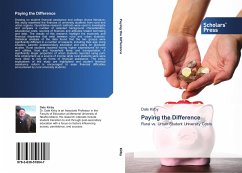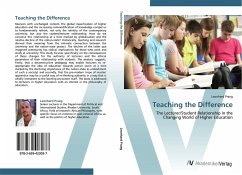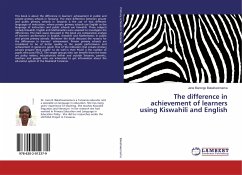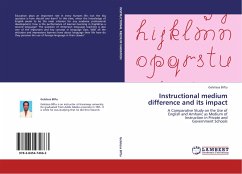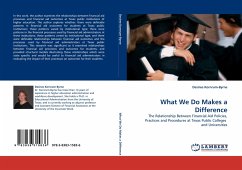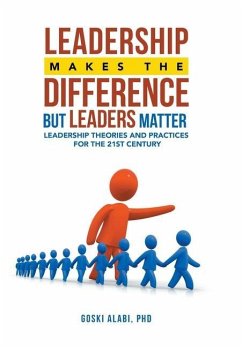Drawing on student financial assistance and college choice literature, this study examined the finances of university students from rural and urban regions. Quantitative research methods were used to investigate and compare a number of selected background characteristics, educational costs, sources of finances and attitudes toward borrowing and debt. The results of this research highlight the economic and financial disparities that exist between rural and urban students. Statistical analysis of the data found that the two groups were significantly different in a number of respects, including their age, living situation, parents postsecondary education and plans for graduate studies. Rural students reported having higher expenditures for rent and utilities, food and household items and transportation. A significantly larger proportion of urban students reported using part-time employment as a source of income while rural students were were more likely to rely on forms of financialassistance. The policy implications of this study are highlighted and student financial assistance reform is encouraged to ease financial difficulties encountered by rural university students.
Bitte wählen Sie Ihr Anliegen aus.
Rechnungen
Retourenschein anfordern
Bestellstatus
Storno

